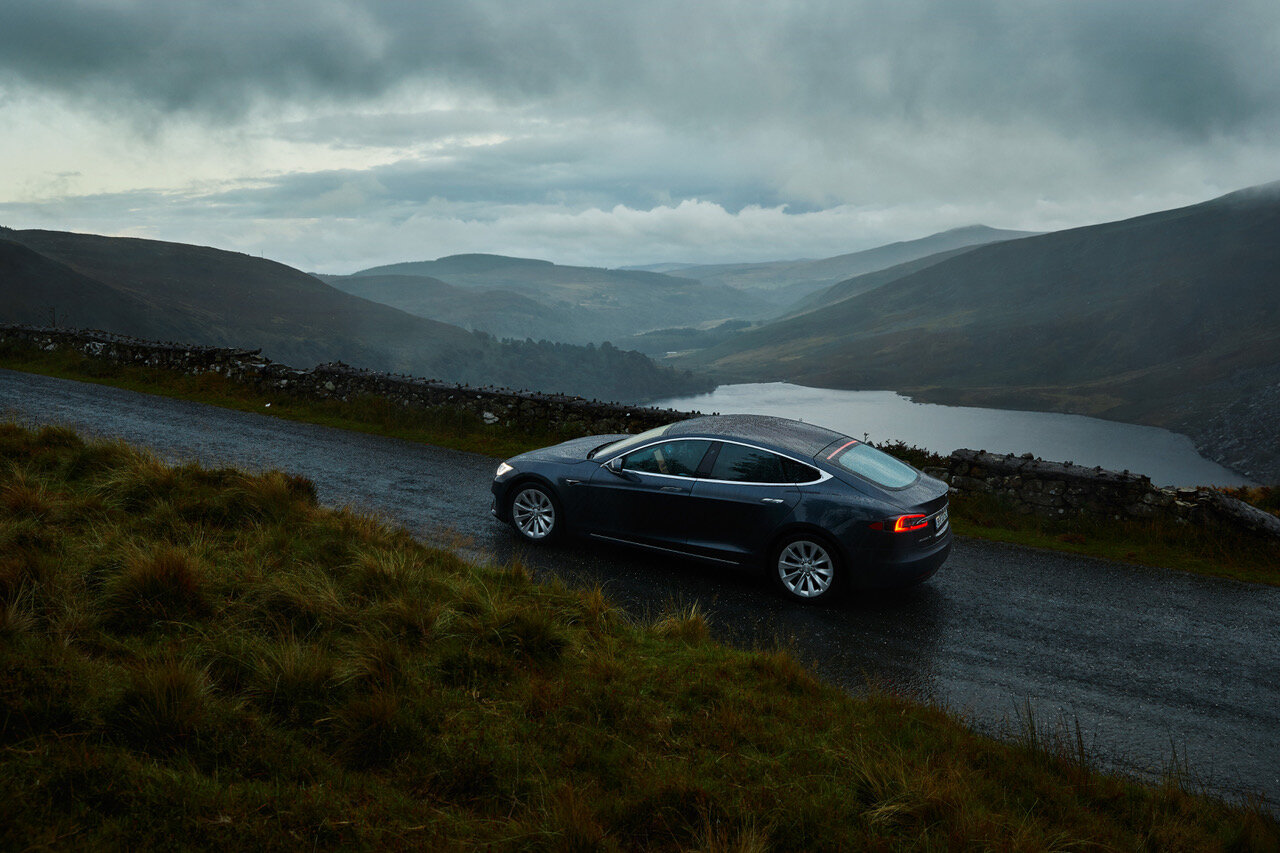
Reaction To Irish Budget 2021
Minister for Finance, Paschal Donohoe, has today announced Budget 2021 – the financial report which sets out Ireland’s spending and investment for the year ahead.
While much focus will understandably be put on the response to the Covid-19 pandemic, it is vital that the Irish government invests in meaningful climate action to avert the climate crisis that lies just seven years away.
We break down the most salient points from today’s announcement.
Removal of EV subsidies
Despite the fact that sales of battery electric vehicles have increased by 21% over the past 12 months, the Irish government has today announced that it will “taper relief for battery electric vehicles” while claiming that “changes to the VRT rates and bands compensates for the changes to these reliefs”.
“Sales of battery electric vehicles have increased 21% over the past 12 months”
As such, current grants for EVs will expire at the end of this year.
This decision comes at a time when we have compelling evidence from many European nations that government incentives are vital for the adoption of zero-emissions vehicles, helping the average driver to negate the increased up-front cost of electric vehicles – and reap the benefits of 74% lower running costs.
It is unclear at this time how the VRT bands will change the upfront cost of electric vehicles, and this lack of transparency is a concern.
Taxing emissions
Perhaps more promisingly, the government is clear in its commitment to taxing the worst-polluting vehicles.
From midnight tonight, the carbon tax will increase by €7.50 per tonne, meaning that the average cost of a 60 litre tank of diesel will increase by €1.51, while the same amount of petrol will rise by €1.30.
Furthermore, the carbon tax will increase by €7.50 per year until 2029, and by €6.50 in 2030 to achieve the target of €100 per tonne of carbon.
As such, the running costs for petrol, diesel and hybrid vehicles will become increasingly expensive, while electric cars are likely to become increasingly cheaper to run.
In addition to the rise in fuel prices, today’s Budget 2021 announcement outlines that the number of VRT bands will rise from 11 at present to 20 from 1st January 2021. This will see cars with higher CO2 emissions subject to increased taxes, owing to their inherent role in climate change.
This creates an unfortunate loophole where the price of hybrid vehicles may fall, despite the fact that they are as harmful to both public and environmental health as petrol and diesel cars. However, we will see subsidies for hybrids revoked at the end of this year.
Happily, we will also see vehicles with higher nitrogen oxide (NOx) emissions subject to higher taxes. This is particularly important in Ireland, as diesel cars account for 60% of the vehicles on our roads, and the typical diesel car emits around 10 times more nitrogen oxide than the equivalent petrol car.
While nitrogen oxide emissions might be significantly lower than the amount of carbon dioxide emissions we produce, they still play a significant role in climate change. Nitrous oxide (N2O) is an incredibly potent gas that lasts in the atmosphere for around 100 years, and does 298 times more damage than carbon dioxide according to Teagasc.
The surcharge on NOx will apply to all new cars, as well as used imports.
However, once again there is no mention of eradicating road tax for electric cars – something that is a no-brainer to increase adoption. This sets Ireland a long way behind other European nations, as the road tax is calculated based on the emissions generated by a car – battery electric vehicles do not create any emissions themselves, and as such should not be subject to road tax, something that we see in many other countries.
Tom Spencer, Editor of IrishEVs, said: “While the increased taxation of cars with the highest emissions is very welcome and essential to fight climate change, the Irish government has once again overlooked a glaringly obvious opportunity to incentivise zero-emission vehicle adoption.”
“Unlike many other European nations, battery electric vehicles in Ireland are still subject to €120 annual road tax – a levy based on exhaust emissions – despite the fact that they do not produce any exhaust emissions, and don’t even have an exhaust at all. Alongside the removal of current financial incentives from January 2021, this move threatens to stem the rapid growth of the EV market and increase energy poverty in the future.”
What To Read Next
Guide to EV Grants
Find out more about the subsidies available in Ireland to make EV adoption easy & affordable
Averting A Clean Energy Poverty Tax
We highlight the urgent need for government financial support avoid an increase in energy poverty, resulting in electric cars and renewable energy being the reserve of those who can afford to adapt – while those who cannot afford it are left behind and taxed as a consequence




